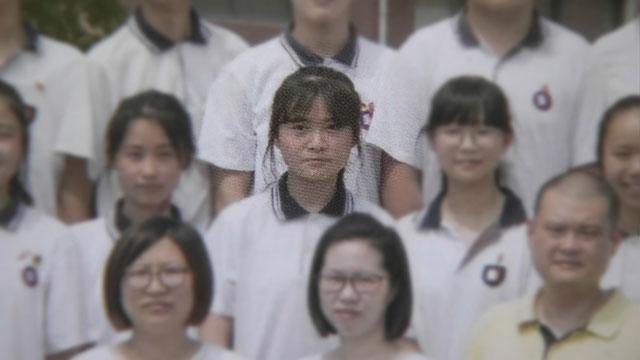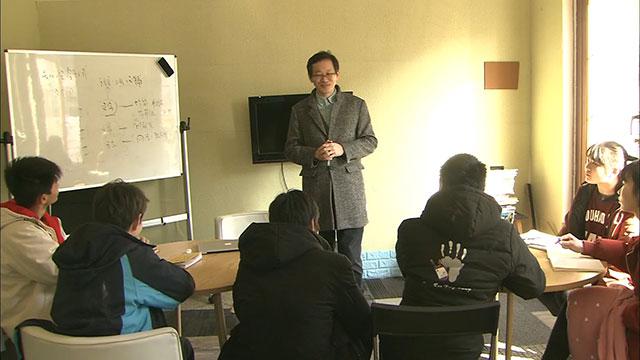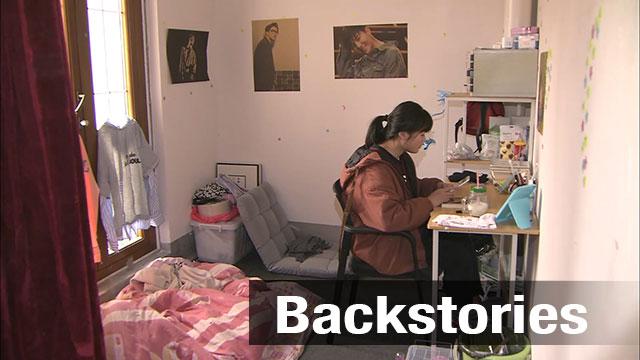16 year-old Liu Le was born and raised in Shanghai. Her mother works as a cleaner, moving to the city from Anhui Province.
When she was younger, Liu went to local schools, with the rest of the kids in her neighborhood. But, as a child of migrant workers, she was denied a place in high school. Shanghai accepts only students whose parents have official local residency.
Liu would have qualified if her mother had attained higher level education, but that wasn't the case. She faced either going to a vocational school or becoming a migrant worker herself. A recent estimate suggests more than 30 million Chinese children are in the same position.
"For people who come here from the countryside, it can all feel so distant," Lui says. "I just wanted to fit in, but I didn't know how. I felt helpless in Shanghai."
Her mother wanted a better future for Liu. "I don't want my daughter to be a migrant worker like us, struggling just to get by."

On the verge of giving up hope, Liu heard about a new private school for the children of migrant workers. Run by a local NGO, it's the first of its kind in the city. The 30 subjects on offer provide an education equivalent to high school. Low-cost boarding is available too. The school, which currently has 5 students, is funded by individual donations and contributions from private organizations.
"It's not fair that children are denied a proper education because of their residency status," says Zhang Yichao, a founder of the Autumn Flow School. "As an educator, I cannot bear seeing them losing out, particularly when they really want to study."

Liu hopes to go to university in the US someday. She studies during the week and works on weekends to save for her goal.
"I really hope my dream can come true and that I can make a good living in the future," she says. "It's all about helping my mother find a better way to live."
Hearing her daughter's words, her mother is moved to tears. "Don't worry, I'm always here for you and I'll support you forever," she says in response.
Zhang Haiying, an expert on education in China, says children who don't receive a proper education often fail to develop into responsible citizens. She also says denying opportunities to migrant children creates a serious problem for society and the country as a whole.
China's economic growth was built on the mass movement of people to the cities. It now seems clear that policies need to change so the country can give something back and create a brighter future for the children of millions of migrant workers.

